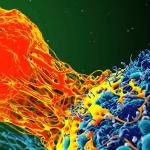You are here
- Home
- Our Impact
Our Impact
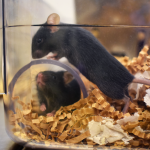
Wednesday, February 9, 2022
Obesity in Mice Lowered by Increasing Effects of Key Weight-Regulating Hormone

Monday, November 15, 2021
Study in Mice Identifies Link Between Reproductive Status and Metabolism

Friday, October 29, 2021
Common Diabetes Drug Promising Against Rare Childhood Brain Tumor in Laboratory Studies

Wednesday, September 29, 2021
Why Do People with Diabetes Develop Severe COVID-19?
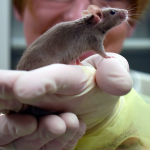
Monday, August 16, 2021
Mouse Study Suggests that Targeting Skin Protein May Limit Inflammation in Psoriasis Patients
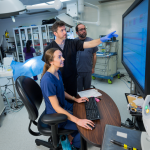
Monday, August 2, 2021
New Preclinical Research Models Could Lead to Better Diagnosis, Treatment of Sepsis and ARDS
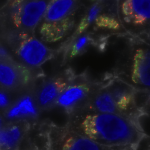
Wednesday, July 28, 2021
Mouse Models Aid in the Search for New Approaches to Treat Triple-Negative Breast Cancer
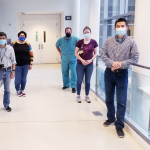
Monday, July 12, 2021
Small Lab Leans on Integrity to Become Nationally-Recognized Phenotyping Center

Wednesday, June 30, 2021
Ultrasound Technology Developed at U-M, Analyzed in Mouse Models Heads to Clinical Trials
